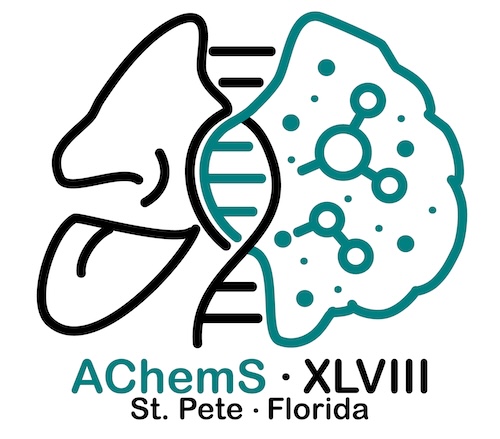Funding Opportunities
To post a funding opportunity, please send the announcement in a Word or .pdf file to [email protected].
Addressing Sensory Health Needs Across the Lifespan
The Patient-Centered Outcomes Research Institute (PCORI) intends to release the Addressing Sensory Health Needs Across the Lifespan PCORI Funding Announcement (PFA) April 1, 2026. Through this funding opportunity, PCORI seeks to support high-impact patient-centered comparative clinical effectiveness research (CER) studies focusing on advancing care and outcomes across the lifespan for people living with sensory health conditions. Proposed CER studies should inform health decisions for people with sensory disorders, their caregivers and clinicians in the United States experiencing high burdens and practice variations in sensory health care and outcomes.
Applicants may propose CER studies on screening, diagnostic and treatment approaches; pharmacologic and/or nonpharmacologic interventions; support services; or system-level strategies (e.g., workforce or existing technology-based interventions) delivered in hospital, clinic, community or remote settings to improve patient-centered outcomes associated with sensory conditions.
Applications proposing novel interventions and/or aiming to develop new technologies (such as mobile apps) or decision support tools and aids will be deemed nonresponsive. Adaptations of efficacious interventions used in the general population or other situations may be considered, but the level of adaptation must be minimal, clearly described and well justified.
PCORI is particularly interested in submissions that address the following Special Areas of Emphasis (SAEs). The purpose of identifying these SAEs is to encourage submissions to these areas, rather than limit submissions to only these topics. Applicants addressing one of the below SAEs should identify the area that is best associated with their research approach:
- Increasing screening and early detection for people with sensory health conditions.
- Improving treatment and care coordination for people with sensory health conditions.
- Enhancing support services to improve mental health and address stigma experienced by individuals with sensory health conditions, their caregivers and their clinicians.
To support preparation, PCORI offers several resources that provide guidance on developing responsive proposals, including:
- Is Your CER Study Responsive to PFAs?
- Addressing Sensory Health Topic Presentation From PCORI’s Board of Governors Meeting
- Research PCORI Funds FAQs
- Collecting Patient-Centered Burdens and Economic Outcomes
For questions about this opportunity or the application process, contact PCORI at [email protected].
Much of the research done by AChemS members is funded by the following agencies:
www.nidcd.nih.govwww.nih.gov
www.nia.nih.gov
Specific program announcements and requests for proposals can be found at the following sites:
www.nidcd.nih.gov/funding/opps/index.asp
W.M. Keck Foundation Research Program Opportunity
The W.M. Keck Research Program seeks to benefit humanity by supporting projects in two specific areas (1) medical research and (2) science and engineering, that are distinctive and novel in their approach, question the prevailing paradigm, or have the potential to break open new territory in their field. Past grants have been awarded to major universities, independent research institutions, and medical schools to support pioneering biological and physical science research and engineering, including the development of promising new technologies, instrumentation or methodologies. Historically, grants range from $500,000 to $5 million and are typically $2million or less. Funding is awarded to universities and institutions nationwide for projects in research that:
- Focus on basic science early in the process
- Focus on important and emerging areas of research
- Have the potential to develop breakthrough technologies, instrumentation or methodologies
- Are innovative, distinctive and interdisciplinary
- Demonstrate a high level of risk due to unconventional approaches, or by challenging the prevailing paradigm
- Have the potential for transformative impact, such as the founding of a new field of research, the enabling of observations not previously possible, or the altered perception of a previously intractable problem
Much of the research done by AChemS members is funded by the following agencies:
www.nidcd.nih.govwww.nih.gov
www.nia.nih.gov
Specific program announcements and requests for proposals can be found at the following sites:
www.nidcd.nih.gov/funding/opps/index.asp



